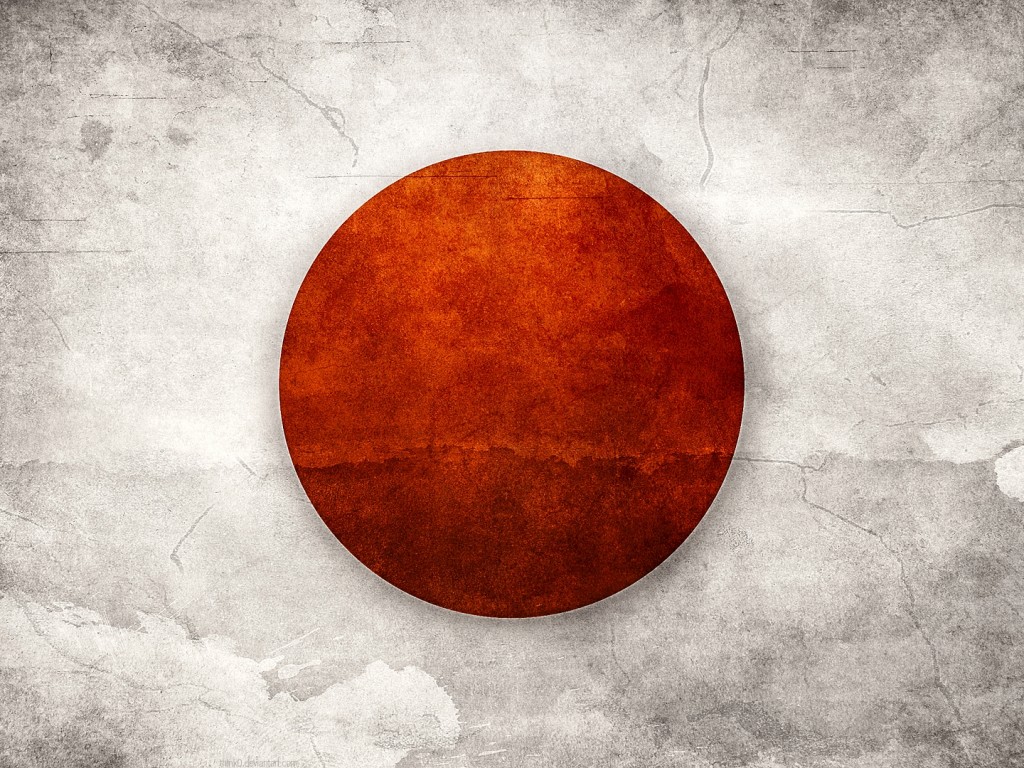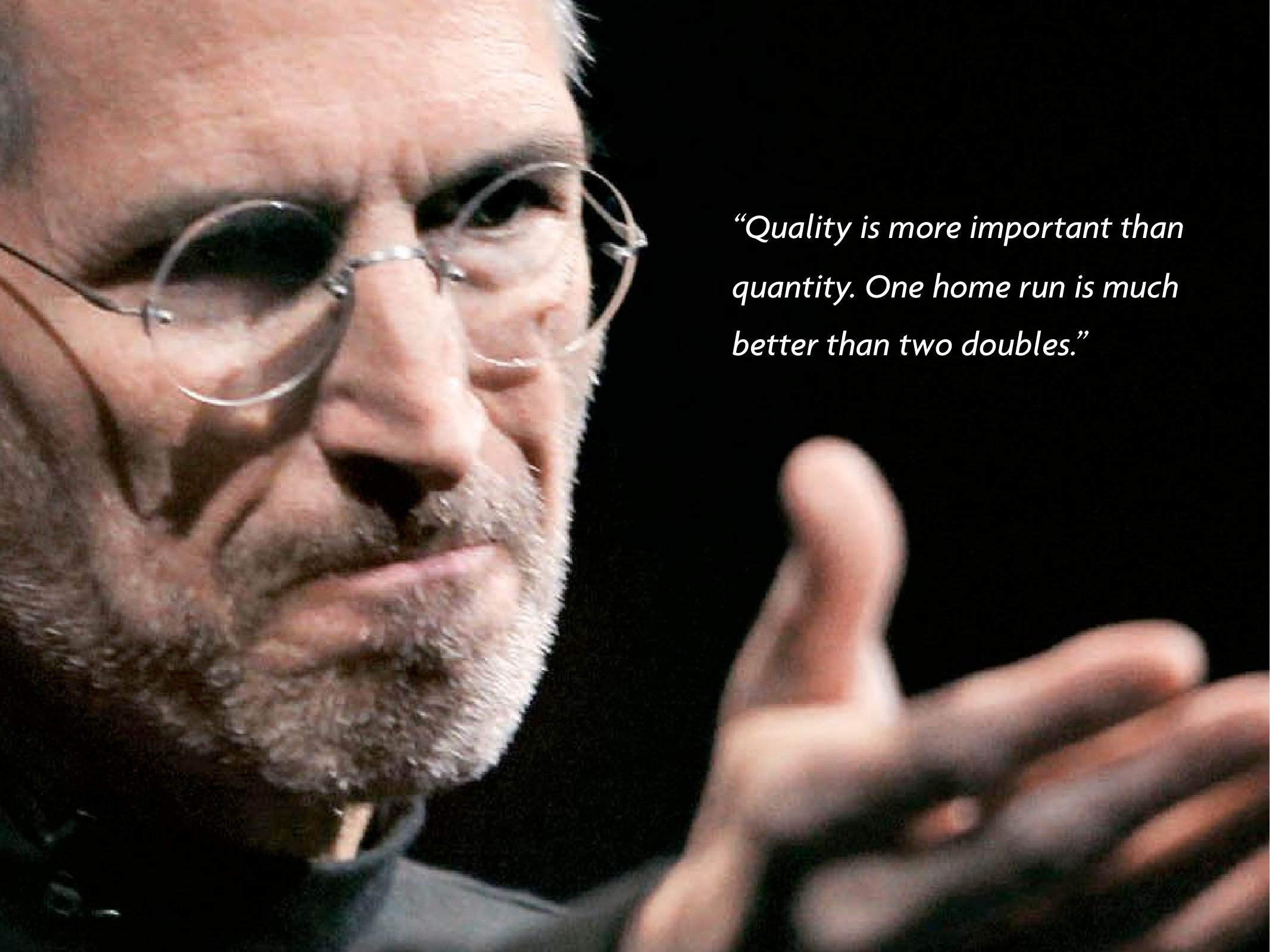Food For Thought: Japan, Quality and a World Changing Philosophy!
10 years ago Harshita Goel Coming two decades after the last great global conflict, the Second World War was the most widespread and deadliest war in history, engulfing more than 30 countries in it. Sparked by Adolf Hitler’s invasion of Poland in 1939, the war would drag on for six lethal years until the final allied defeat of both Nazi Germany and Japan in 1945.
Coming two decades after the last great global conflict, the Second World War was the most widespread and deadliest war in history, engulfing more than 30 countries in it. Sparked by Adolf Hitler’s invasion of Poland in 1939, the war would drag on for six lethal years until the final allied defeat of both Nazi Germany and Japan in 1945.
You may wonder why I speak of the world war when the article ought to talk about the legacy of quality. But, there is a connection between the two, a very profound one in fact.
In December 1941, when Germany wanted to invade Italy, they convoked Japan to attack Pearl Harbor to create a divergence. The Japanese managed to wreck devastating havoc in just two hours at the Pearl Harbor. The day after the assault, US declared war on Japan. Three days later, Japanese allies Germany and Italy also declared war on United States. More than 2 years into the conflict, America had finally joined World War II.
On August 6, 1945, during World War II, an American bomber dropped the world’s first deployed atomic bomb over the Japanese city of Hiroshima. Three days later, a second bomber dropped another A- bomb on Nagasaki. The devastation caused by these bombings has lived on to this day and is hidden from no one. Japan’s emperor Hirohito announced his country’s unconditional surrender in the war, citing the destruction power of “a new and most cruel bomb.â€ÂÂ
The whole of Japan was in shambles post war. The retribution inflicted on Japan was superlative, which led US and it’s allies to restore and build the Japanese state.

Meanwhile, W. Edwards Deming, the most widely known proponent of statistical quality control was recruited by the bureau of census, USA as an advisor in sampling. He also worked alongside American companies on quality control and process improvement. Post World War, most of the World Was left destroyed, barring USA and its allies. The demand for American goods went up. This was why USA industry’s focus shifted from quality to quantity. Deming felt terrible and wanted another chance to get quality back to USA.
Owing to his excellent work with the US census, Deming was sent to Japan along with other professionals from USA to assist in the war effort. They decided that in order to rebuild Japan, they must reinstate industry there. To aid this decision, a diverse set of business management books were sent to Japan to further the business education in the industry. Walter A. Shewhart, known as the father of statistical control, authored certain books in this set. To the Japanese’s credit, they picked the right books, which went on to shape the country’s economy. The Japanese established that the substance in Shewhart’s book was insightful and they would need external help to understand it.
Knowing that Deming was a follower of Shewhart, the Japanese solicited his help to decipher Shewhart’s book. Since the industry in US had lost focus on quality, Deming spent most of his time in Japan and tutored them on statistical methods of quality. He taught the Japanese union of scientists, engineers and the top management of the companies. They were starved for ideas that could help them correct serious and persistent quality problems. This was in contrast to the behavior in the US; where management was abandoning the percepts learned in the wartime quality control courses. Deming then said, that the Japanese quality could be the best in the world. He was the only man in Japan who believed so. With the course of time, Deming saw quality spreading in the country like wild fire. Japan started reaping benefits from applying Deming’s principles at their shop floors. By the 1960s, the Japanese economy was back on track. Their industry was faring well and the country was self-sufficient. The strategies used, involved high-level managers as leaders, all levels and functions were trained in managing for quality, continuous progress was undertaken, quality circles were used, and the entire workforce was enlisted.

One thing lead to another and Japan chose to export electronics and automobiles to USA. With the advent of Japanese automobile companies in the USA, the big 3(GM, Chrysler and Ford) who held the 90% of the US market saw their sales dipping with time and went in search of the Japanese secret. Japanese products were clearly superior in quality. They found Deming and after a lot of persuasion, he agreed to help the industry in US. Therefore, quality found its way back into the US in the late 1980s.
In the 1990s when the oil cartels were configured, the oil prices went up by 10 times. To sustain sales in such a situation, the Japanese automobile companies slashed their prices and still managed to remain profitable as against the American firms.
Deming, once said, “Quality is not something you install like a new carpet or a set of bookshelves. You implant it. Quality is something you work at. It is a learning process.†It costs a lot to build bad products and the Japanese were smart enough to not ride on the easier wave even during the harshest conditions.
Just when concerns over DNA mutations after Hiroshima and Nagasaki causes the slightest of hesitation, this story of how an American turned around the Japanese industry so much that ‘quality’ became a part of their DNA, reinstates the faith in this world-changing philosophy!







